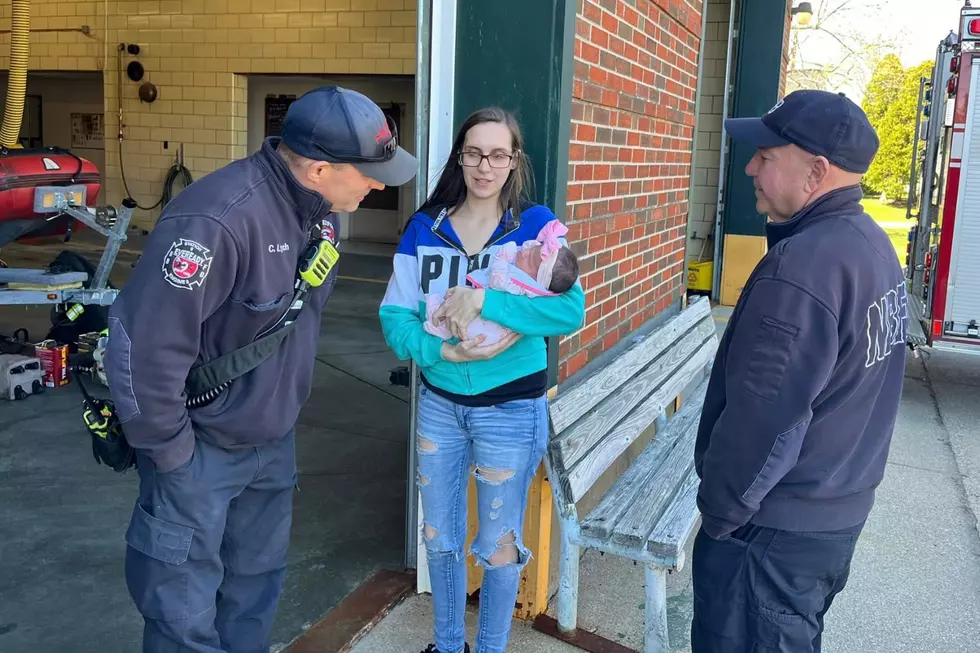
Are SouthCoast Property Owners Required to Shovel Snow?
The New Bedford area got by without significant snow accumulation last winter, but trust me, it will snow again. When it does, you'll be faced with decisions about when to shovel, how much effort you want to make shoveling, or whether to shovel at all.
Maybe you've purchased property since the last measurable snowfall. Previously, you were still living at home, and your parents handled such things. Perhaps it snowed, you left it there, and nobody said or did anything about it. You were lucky.
Remember, legendary New Bedford Mayor Charles Ashley reportedly said of snow, "The good Lord put it there. Let the good Lord take it away." I cannot vouch for the authenticity of those remarks, but it makes for great folklore.
Massachusetts law requires property owners to remove snow and ice from their property and they can be legally responsible if they do not.

Berry Insurance says the State Sanitary Code states, "The owners shall maintain all means of egress at all times in a safe, operable condition and shall keep all exterior stairways, fire escapes, egress balconies, and bridges free of ice."
Beyond that, specific requirements are up to the city or town your property is in.
New Bedford requires "private property owners (or occupants) to remove snow from public sidewalks abutting their property within a reasonable amount of time after the snow has stopped falling." Violators face a $50 fine.
All of the area cities and towns have laws governing snow removal, snow parking bans, and local procedures for during snow emergencies. The rules are on their websites, and residents should familiarize themselves with them before the snow falls.
LOOK: The most expensive weather and climate disasters in recent decades
Gallery Credit: KATELYN LEBOFF
TIPS: Here's how you can prepare for power outages
More From WFHN-FM/FUN 107









